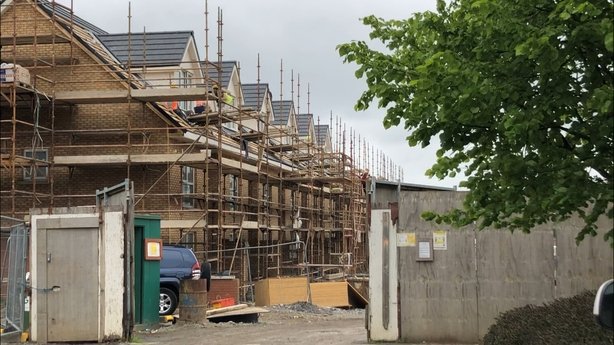
Are you thinking about buying a house? Or any property, for that matter?
I bought my first property in 1986 when I was 23. I have bought many other properties since then.
Residential properties, commercial properties, properties in poor condition, properties in good nick, greenfield sites in rural areas, a building site in an existing housing development, a pub, petrol station, mixed use commercial/residential, high end apartment on the southside of Dublin.
I have made some mistakes over the years but managed to avoid anything fatal, if you do not count the property crash which followed the hubris of the Celtic Tiger property years.
That was a disaster which cost me all my capital built up to that point. But the mistake was not so much with buying a particular property but with getting caught up in the general property bubble based on what commentators, economists, and other so-called experts were advising.
I have observed mistakes made by other buyers during the last 35 years, and it might be helpful to you if I set out some of the most serious and common mistakes I encountered.
1. Believing everything you are told
Firstly, I believe one of the most serious mistakes is a willingness by the enthusiastic and motivated buyer is to believer everything he/she is told, regardless of the source of the information.
There are a number of individuals involved in any property transaction including vendor, estate agent, solicitor, valuer, engineer/surveyor, builder if it is a new house, lender, mortgage broker, maybe even a small builder if you are getting a quotation in advance for work that might need to be carried out after you buy.
The statements and representations made by all of these characters in the drama should be treated with a good deal of caution and healthy scepticism, however. At the end of the day, you are buying the house in the condition you find it, if it is a second-hand house, and this will often by an express condition of the contract.
You must also remember that the contract sets out the terms and conditions of the deal and statements made outside the contract or in the lead up to going sale agreed cannot be relied up from a legal perspective.
In fact, many contracts will contain an ‘entire agreement’ special condition.
This states that the contract between the parties is the entire agreement that is set out in the written contract and the effect of this condition is to set aside statements made which are not contained within the contract.
2. Cutting corners with necessary expenditure
Secondly, I have seen many mistakes in a foolish attempt to avoid what may appear to be unnecessary costs and outlays.
What I refer to here is the cost of getting a structural survey carried out on a second-hand house. This survey by an engineer or architect or surveyor is essential when considering buying a second-hand house.
Without it you are stuck with the house in the condition you find it and it will be too late after you do the deal and complete the purchase to then discover some structural defect which will cost significant outlay in the future.
Not only that, but the expenditure also required may be needed immediately and you may be short of funds having just made the biggest purchase of your life.
This same mistake can be made when you take a chance and buy a property at auction thinking that you will snap up a bargain, but you do not have the contract or title documents checked in advance of bidding.
Yes, there will be a cost involved but it is money well spent if you avoid buying a property with a serious problem about which you were unaware but would have been aware if you had got a solicitor to look at the title and contracts offered.
It is vital you understand that once you are the successful bidder at a property auction you are legally obliged to complete the purchase, come what may.
Naivety
Both of these mistakes can probably fall under an overall category description of ‘naivety’. It is perfectly understandable that you will be naïve if you are buying your first property. But there is no excuse for not availing of the advice and expertise of those who have considerable expertise in buying and selling property, and no excuse for not availing of professional experts whose job it is to prevent you making catastrophic mistakes in buying your property